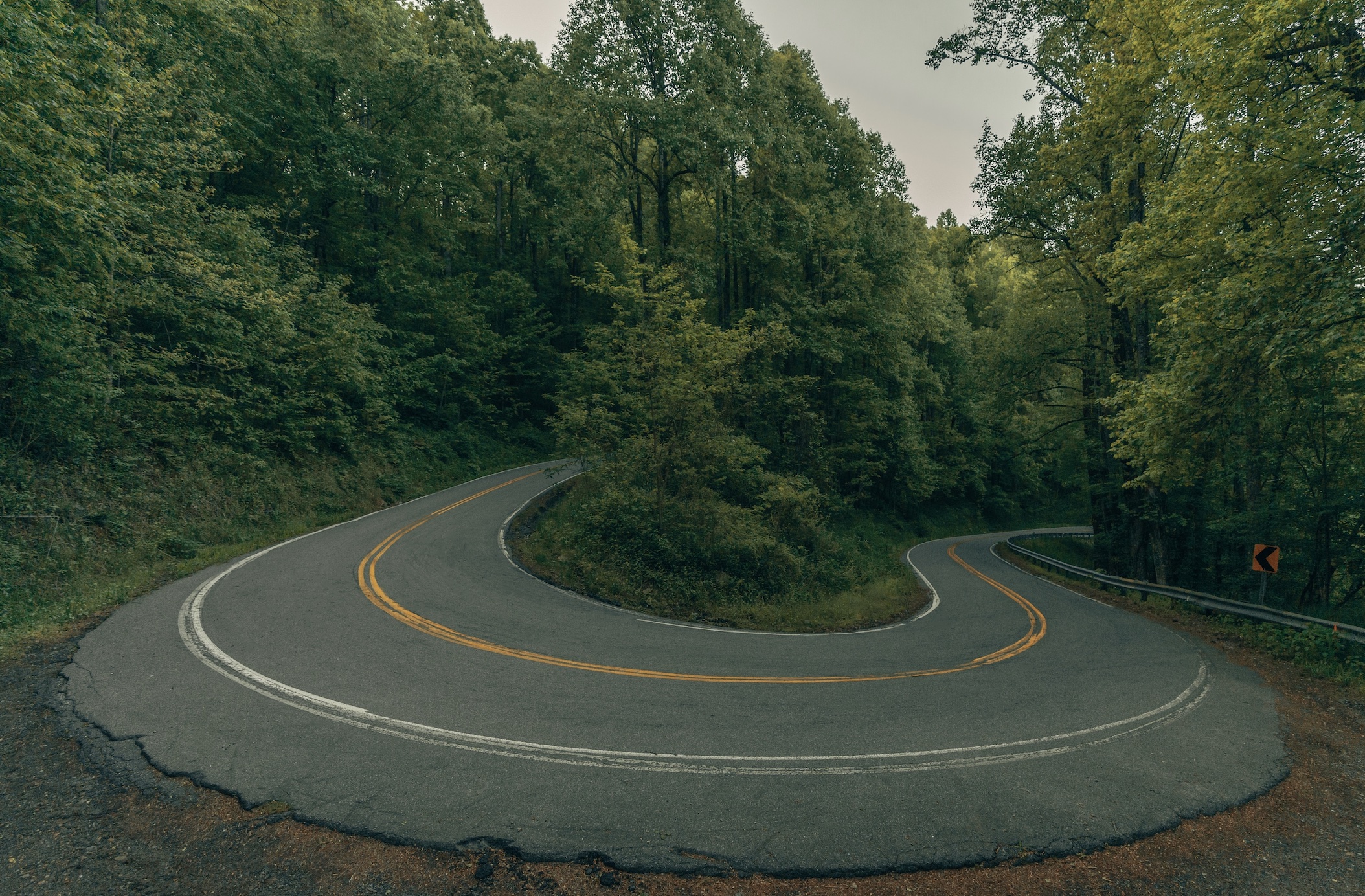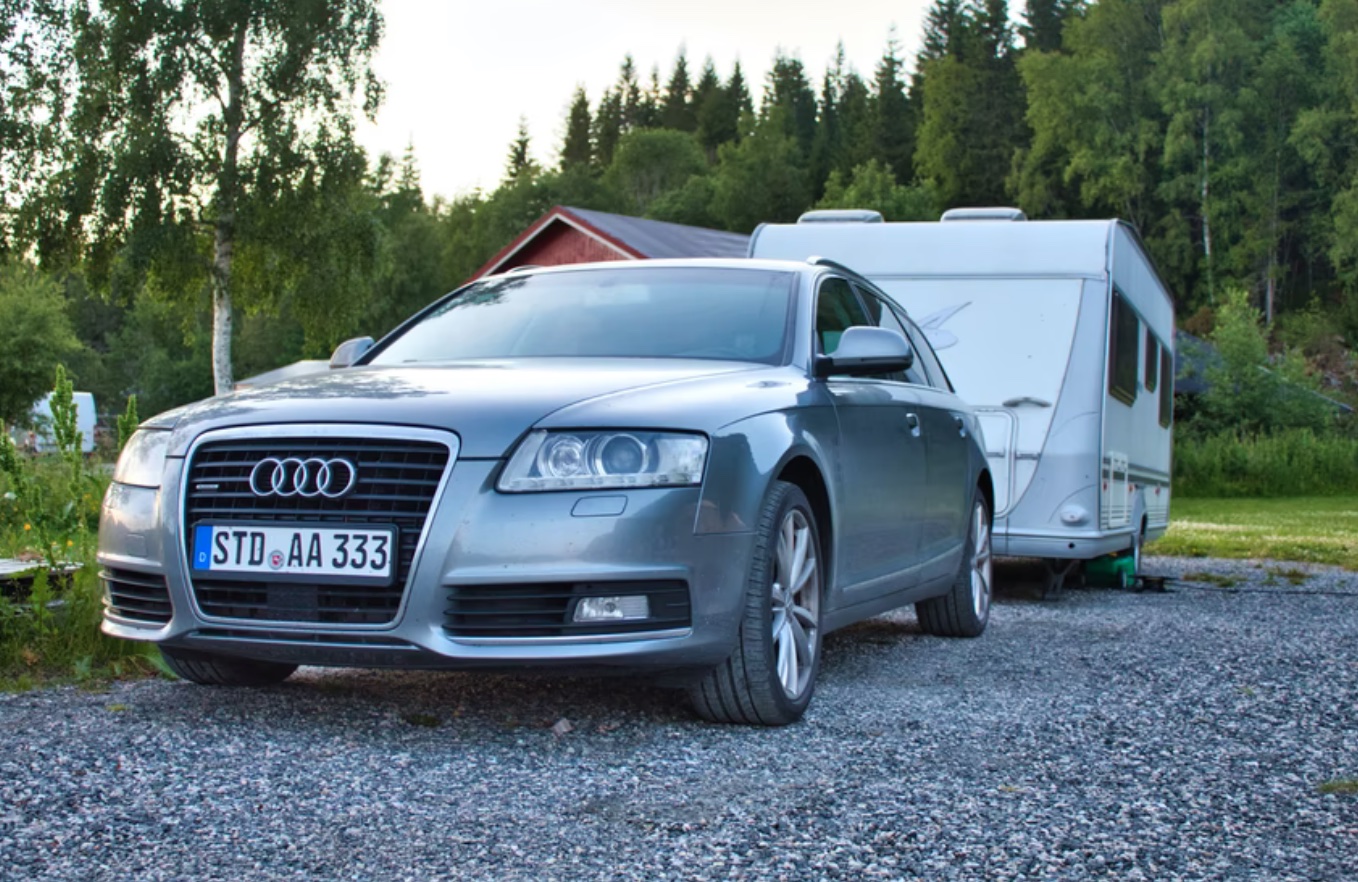Buying a new caravan is always an exciting adventure. You’ve just purchased your new toy and you’re understandably excited to get out on the road with it. Well, you’ll want to make sure of a few things before embarking on what will likely be a life-changing experience. Here is a handy guide to making sure your first time towing your caravan behind your car isn’t your last and that it goes as smoothly as possible for you.
1. Check your vehicle tow rating
If your car can be fitted with a tow-hitch, chances are it has a tow rating — that is, the maximum weight that it can tow safely. This is different for different types of vehicles, with SUVs and trucks having a much higher maximum weight capacity, obviously, but that doesn’t mean your humble car won’t be sufficient. Just that you have to be extra careful and take extra precautions. Chances are, you’ll have your vehicle before you have your caravan, so, base your buying decision on the maximum tow weight of your vehicle.
2. Do a thorough inspection, or get someone else to
Before you buy your caravan, you’ll want to make sure you do a very thorough inspection of all of the joints, particularly those used in the towing of the caravan behind the vehicle. If you’re buying a used caravan privately, it might be a good idea to bring along a mechanic when you meet the seller, just so your mechanic can check a number of things, including the towing mechanism. If there’s any damage whatsoever that you cannot inexpensively fix, it’s a hard pass on the sale.
3. Even distribution of the load
One of the most important things when carrying a load is to make sure that it is as evenly distributed as possible to avoid things moving around while on the road (to the best of your ability). Or to avoid the load shifting and make the caravan maneuver in an unsafe manner while being towed. Make sure you evenly distribute your load as best as possible to maximize safety.
4. Avoid sudden movement

This probably goes without saying, but it is critical you avoid any and all sudden movements while towing. This includes any sharp corners, heavy acceleration or sudden braking. This sharp maneuvering will cause your trailer to jerk around, risking significant damage to the towing mechanism, or worse, loss of life while on the road. Make sure you move slowly and delicately – like you’re towing something behind you, because, well, you are.
5. Check and double-check your brakes
One of the most important things to do before you leave is to have a mechanic check your brakes for signs of wear and tear — the brakes on both your vehicle and the caravan. Most new caravans will come with electric braking systems, which can be monitored internally or via a phone application. These braking systems are far less likely to break down (ironically) and therefore make for a much better long-term investment.
6. Large caravan? Sway control is the way to go
If you’re lucky enough to have purchased an absolute beast of a caravan, one of the things you’ll want to make sure it has is sway control. This is either an electronic or mechanical stabilizer fitted to your caravan to ensure that it won’t sway too much at high speed or in high winds, so it is safe on the road, even during less-than-ideal conditions. Sway controls are generally a good idea, regardless of the size of your rig – the last thing you want is to be getting sideways on the highway.
Don’t worry too much about towing your caravan, it’s not that difficult and if you’ve experienced towing before, you’ll nail it, no problem.
If you are inexperienced, it might be a good idea to spend a lot of time in an empty parking lot, just practicing towing, braking, parking, and such with your caravan attached. It’ll also give you a sense of the delicacy that sometimes is vehicular towing. In general, just keep your wits about you and get some practice in before you go. Make sure you check your mechanics and electricals, then get ready to hit the road and make some amazing memories.


Join the conversation!